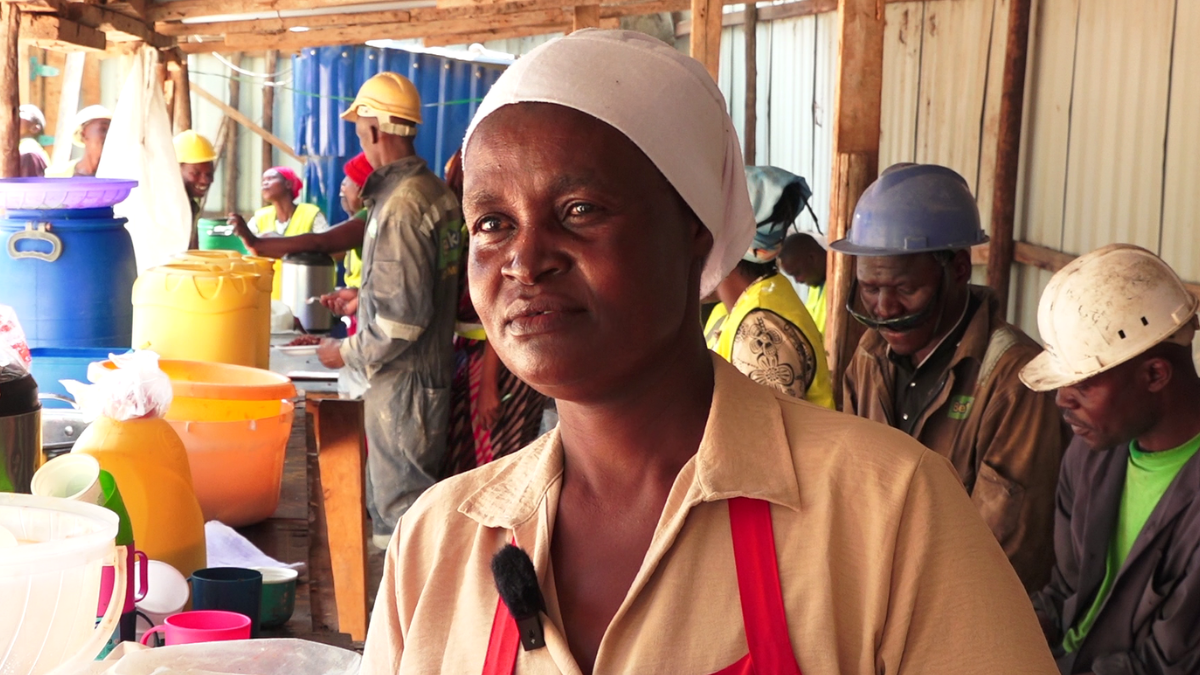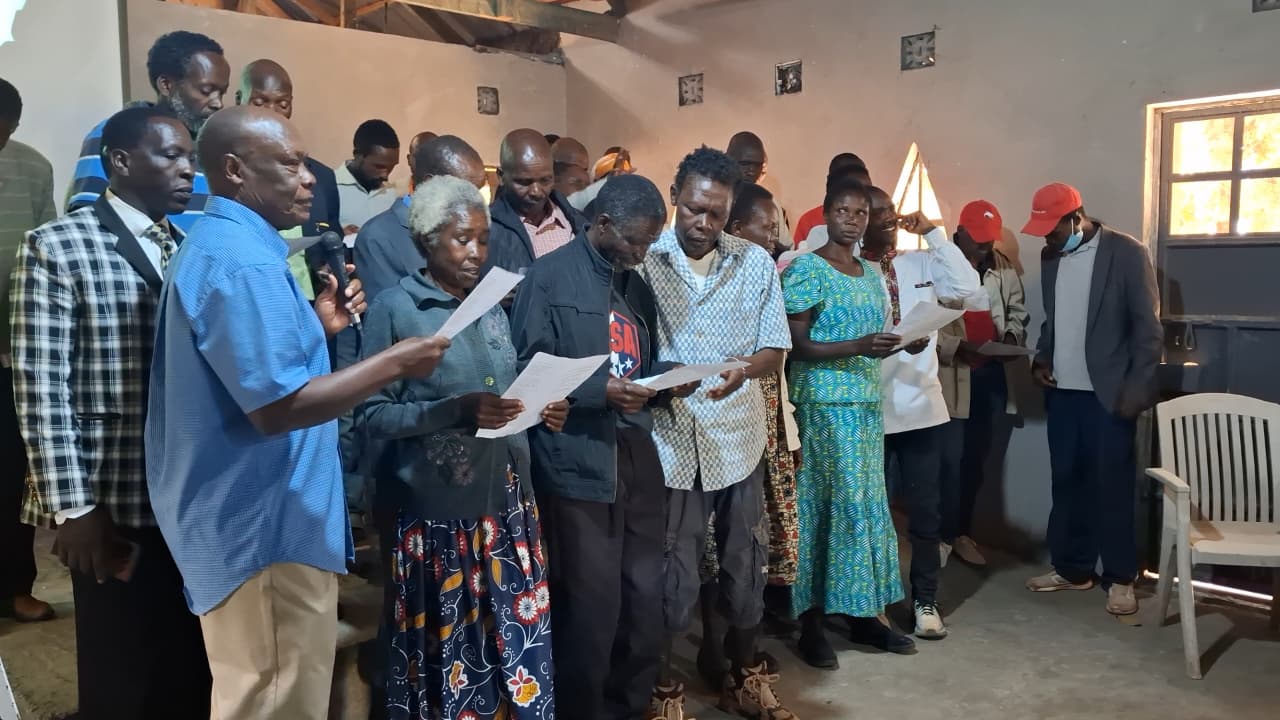Kenya’s ambitious affordable housing programme is reshaping skylines, creating jobs, and breathing life into the informal economy.
While much of the spotlight has been on the thousands of youth employed at construction sites, another story is unfolding at the fringes of these projects, one of women traders who are feeding the dream, quite literally.
In Kisumu, the site of the Sh5.7 billion Lumumba affordable housing project is a hive of activity. The constant clatter of hammers and cement mixers is matched by the aromas of chapati, beans, githeri, and steaming tea.

Here, women like Hawa Omar Ahmed and Veronica Ogalo have turned makeshift kiosks into thriving food businesses.
“Every week I can make more than 30,000 shillings,” Hawa Omar says proudly. “From this money, I’ve been able to pay my children’s secondary school fees without struggling.”
Her story reflects the ripple effect of affordable housing projects, which are designed not only to provide homes but also to stimulate the wider economy. For Veronica, who had no steady work before the project began; the opportunity has been life-changing.
“Now I can feed my family and even send money to support my parents back in the village,” she explains.
Thriving Businesses, Lingering Challenges
At lunchtime, workers stream into the kiosks, filling benches with plates of ugali, vegetables, and nyama choma. For Hawa and Veronica, every hungry worker represents more than just a customer; they are the foundation of a new livelihood built around the construction boom.
But behind the sizzling pans and full plates lies a painful challenge: debt.
Construction workers are often paid weekly, but in between, many rely on credit from the food vendors. By the time payday arrives, some disappear without clearing their bills.
“Workers eat and promise to pay when they get their wages, but some don’t,” Veronica laments. “We end up making big losses.”
Hawa agrees, adding that the debts eat into profits and leave them financially exposed. “We suffer heavy losses. The government should help us, maybe with a system where debts are deducted directly from workers’ wages,” she suggests.
Building Families, Not Just Houses
Despite the losses, the women’s stories highlight how national development projects can transform lives in unexpected ways. Affordable housing in Kisumu has become more than bricks and mortar; it has created a micro-economy where women entrepreneurs and Jua Kali artisans are carving out new opportunities.

Across the country, the programme has generated over 300,000 jobs both directly and indirectly and injected more than Sh4.4 billion into the informal sector. For families like Hawa’s, that has meant school fees paid on time, meals on the table, and dignity restored.
Still, the sustainability of such gains depends on how well the government and local authorities respond to challenges like vendor debts and access to capital.
A Call for More Projects
Hawa and Veronica believe that expanding affordable housing projects to more counties could create a ripple effect of benefits, more jobs for youth, more business for women, and stronger local economies.
“If such projects were launched everywhere, many women would find business and young people would find jobs,” Veronica says.
Their call is echoed by experts who argue that affordable housing, if well managed, can be a game-changer not only for urban planning but also for poverty reduction.
Blessing and Burden
For Hawa and Veronica, the Kisumu project has been a blessing and a burden, a source of income, dignity, and opportunity, but also a trigger of financial stress when debts pile up.
Their plea is simple: if the government can build houses for workers, it can also build safeguards for the small businesses that keep those workers going.
As Kenya races to deliver 250,000 new housing units every year, stories like Hawa’s and Veronica’s are a reminder that the success of affordable housing is measured not only in units built, but also in lives uplifted, and sustained.












